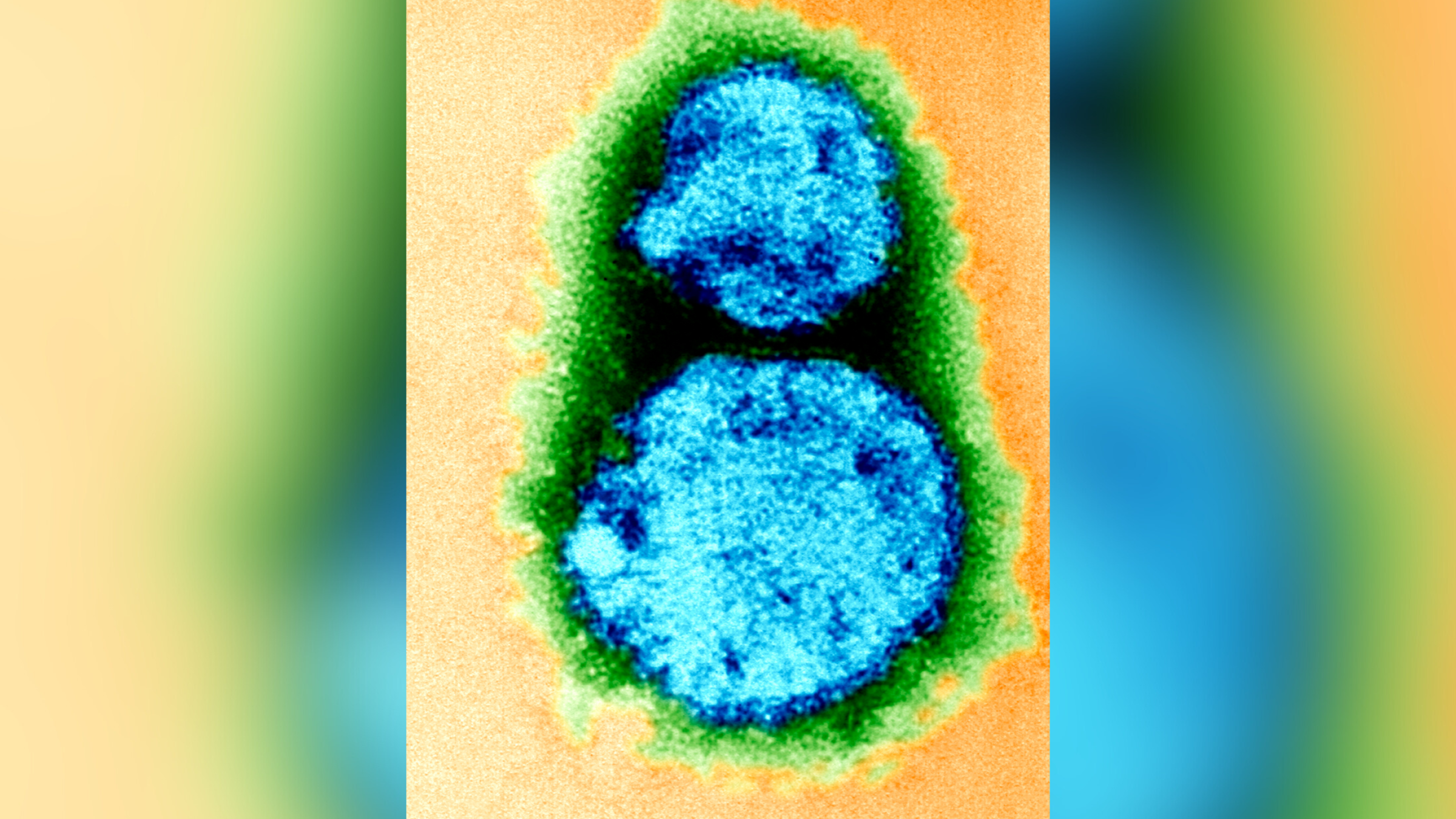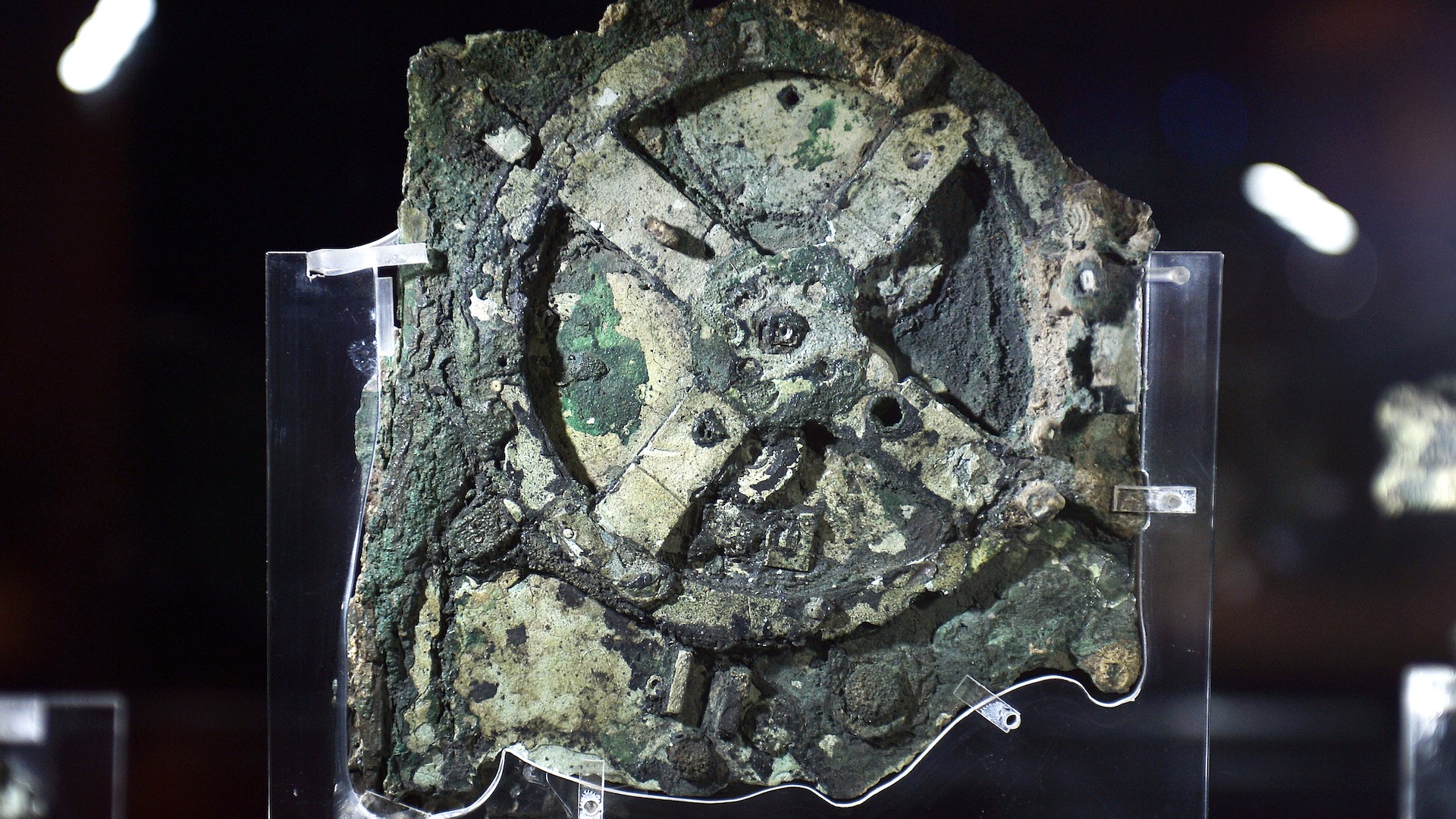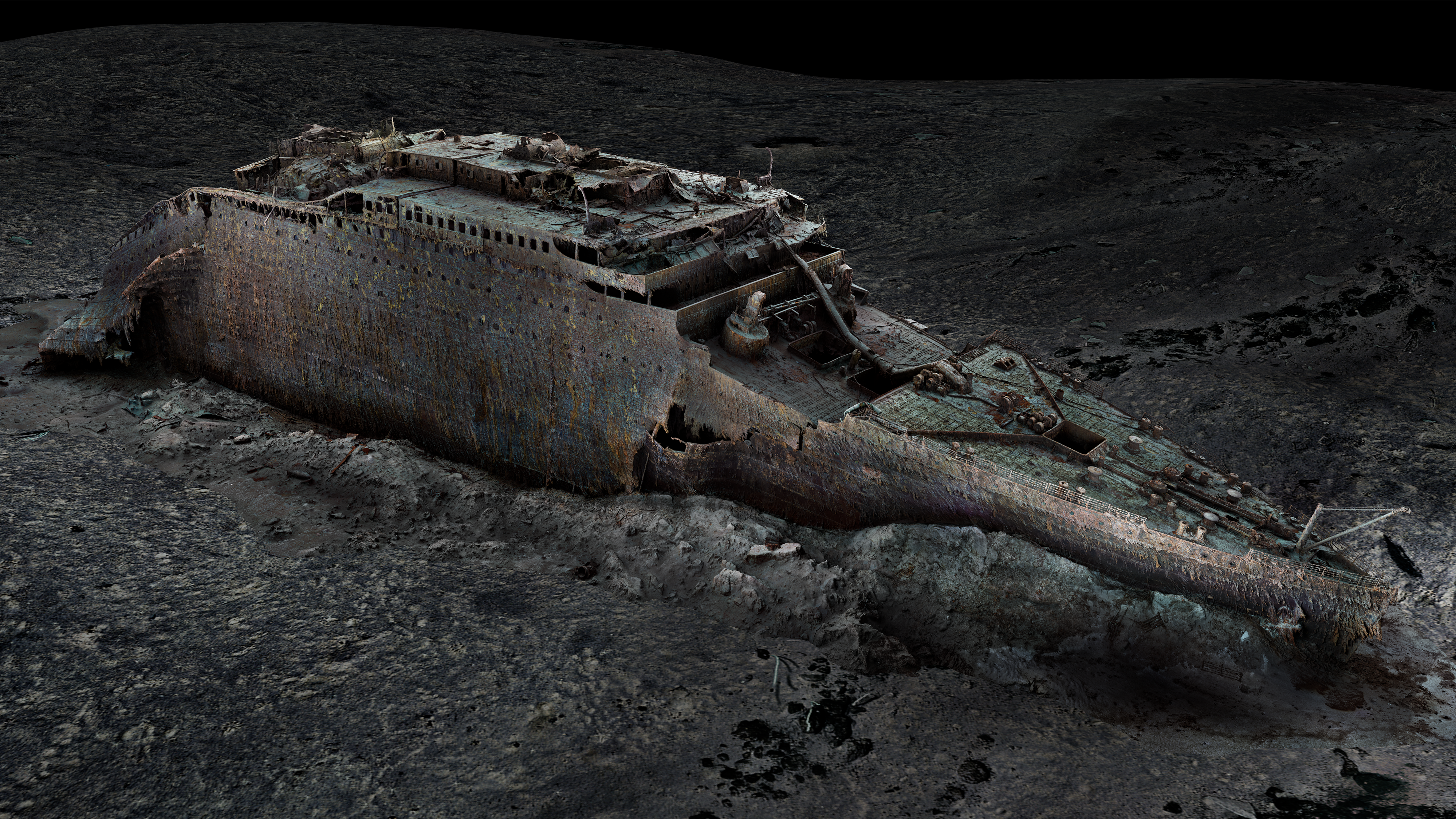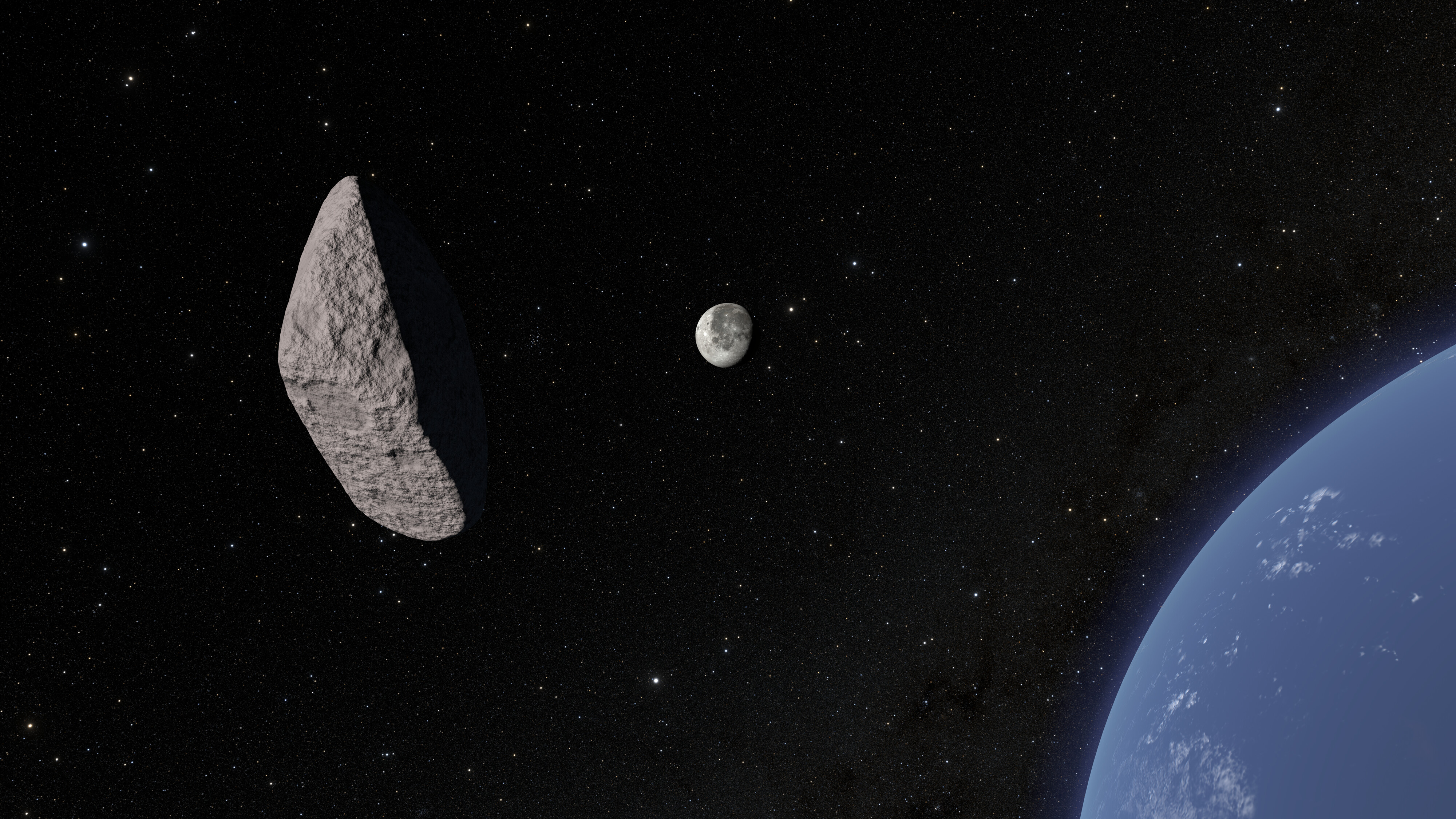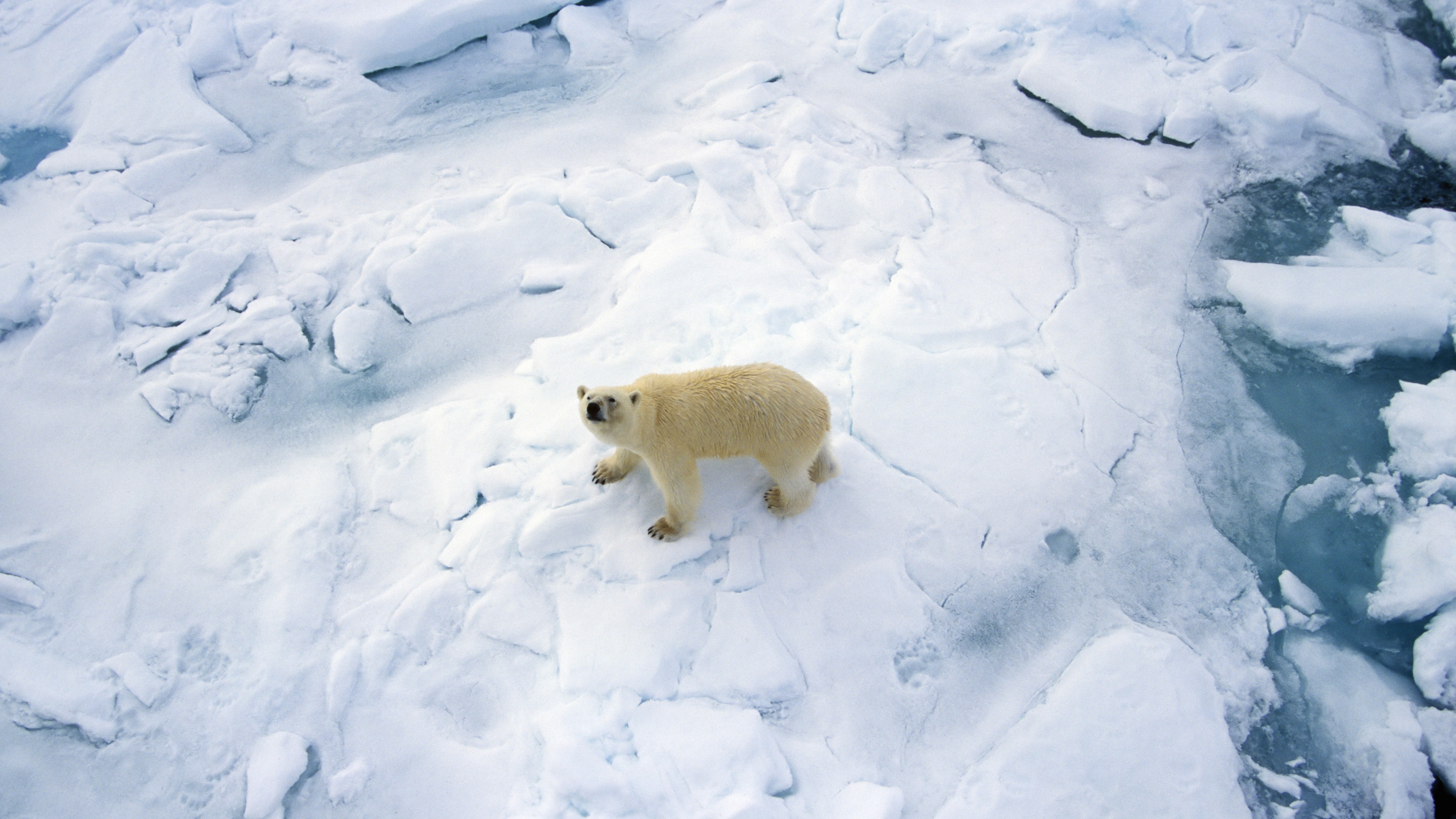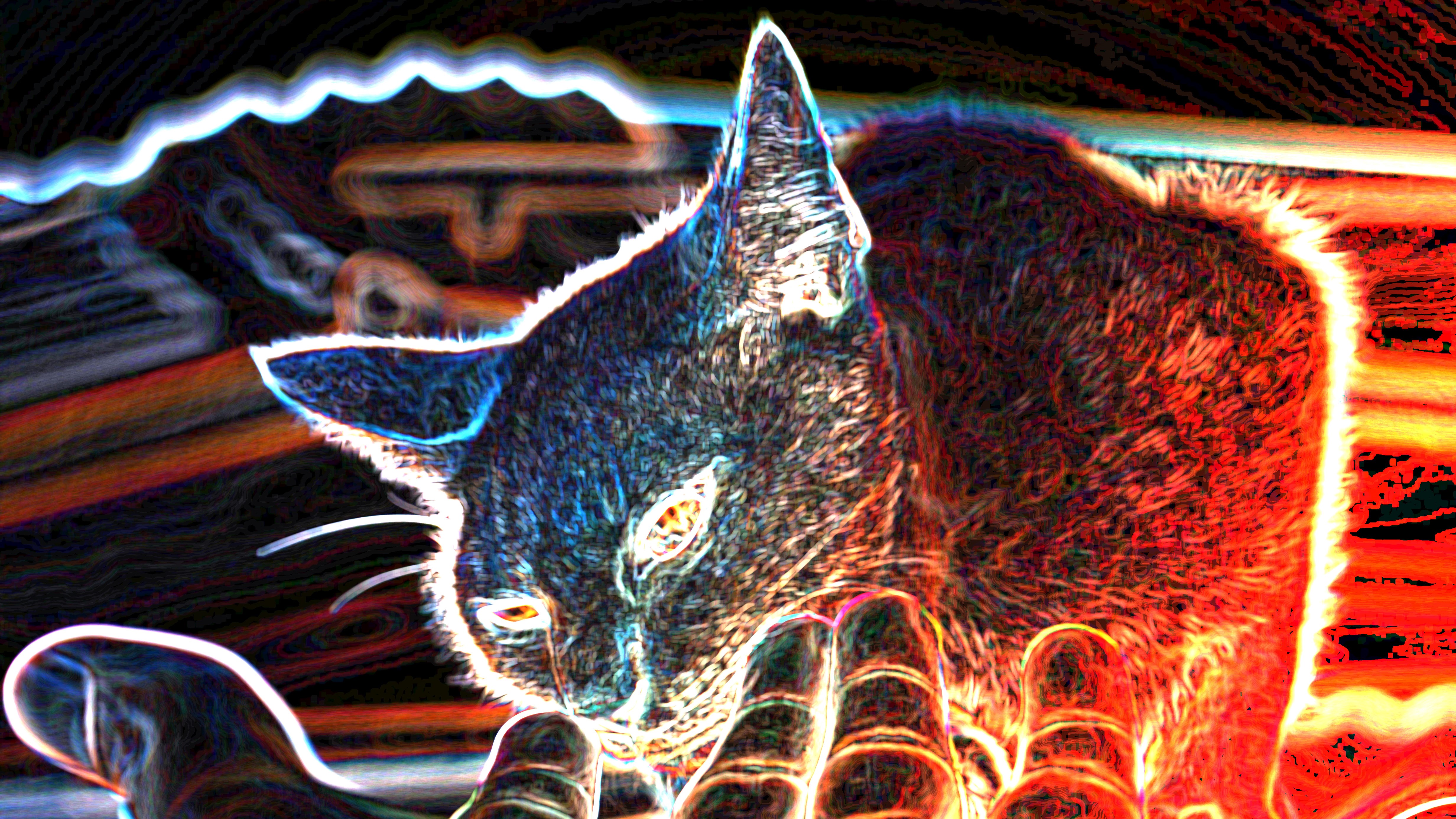'I thought I was dead': Terrifying video of humpback whale gobbling up kayaker explained
A humpback whale appeared to swallow then spit out a kayaker in a viral video filmed off the coast of Chile. But was he actually in any danger?
A viral video appears to show a humpback whale gobbling up a kayaker off the coast of South America before quickly spitting him out again.
Adrián Simancas was kayaking with his father in the Strait of Magellan in Chile last Saturday (Feb. 8) when the whale burst out of the water and seemed to close its mouth around Simancas and his kayak. For a few seconds, the whale and Simancas disappeared beneath the waves.
"I thought I was dead," Simancas told The Associated Press (AP). "I thought it had eaten me, that it had swallowed me."
The whale didn't hold onto Simancas for long as he soon popped back up at the surface. Then, as the terrified kayaker treaded water, the whale hunched its spine and dove back down into the ocean. Simancas' father, Dell, caught the whole incident on video before assisting his son out of the water. The pair returned to shore unharmed, AP reported.
Related: Male humpback whale crossed 3 oceans for sex, inadvertently breaking distance record for species
Do humpback whales eat people?
Humpback whales (Megaptera novaeangliae) feed on small fish and crustaceans. To eat enough to sustain their massive size, the whales take stretchy mouthfuls of more than 5,000 gallons (23,000 liters) of seawater and filter out their prey across baleen plates — kind of like long hairy teeth that filter rather than bite. This strategy evolved for hunting small animals, not humans in kayaks.
Erich Hoyt, a research fellow at Whale and Dolphin Conservation in the U.K. and author of the Encyclopedia of Whales, Dolphins, and Porpoises (Firefly Books, 2023), told Live Science that the whale in the video almost certainly snapped up the kayaker by accident.
Sign up for the Live Science daily newsletter now
Get the world’s most fascinating discoveries delivered straight to your inbox.
"It's not clear from the video whether the kayaker was entirely in the whale's mouth," Hoyt said. "He could have been partly inside but I'm sure the whale would have expelled him immediately."
This isn't the first time a whale has appeared to gobble someone up accidentally. In 2020, a similar viral video showed a humpback whale coming out of the water and closing its mouth around two kayakers in California. The kayakers were floating above a large swarm of fish when the whale came up, CBC reported at the time. The humpback immediately released the kayakers, who were unharmed in the incident.
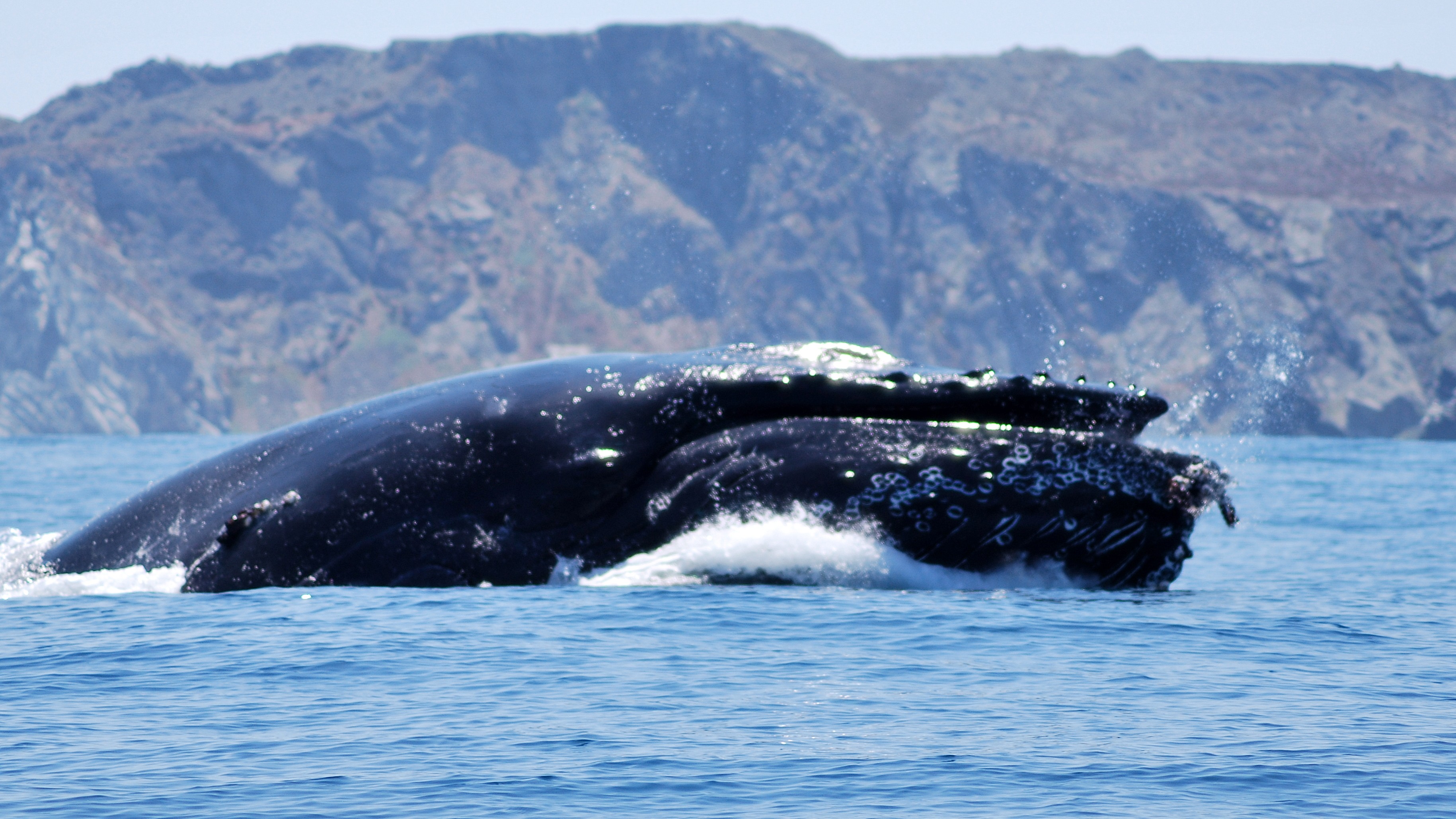
In 2021, a lobster diver off Massachusetts estimated that he was in a humpback whale's mouth for 30 seconds before being spat out. Whale researchers suggested at the time that the diver may have also swam too close to the whale's food and been accidentally gobbled up with it.
Hoyt said that humans are too large to be swallowed by a humpback whale. Researchers have studied humpback whales with Cassin's auklet seabirds (Ptychoramphus aleuticus) in their stomachs, which were presumably accidentally swallowed. However, those birds are only about 9 inches (23 centimeters) long, Live Science previously reported.
While humpbacks don't eat people, they have occasionally injured humans when they've felt threatened. In 2020, a humpback mum — likely trying to protect her calf — charged swimmers in Australia and sent two to the hospital. However, the species is better known for occasionally saving other animals from predators like killer whales (Orcinus orca) than harming humans.
Killer whales
Simancas was talking to his father about killer whales shortly before the incident with the humpback whale took place (killer whales also live off the coast of Chile). He told AP that he thought the whale might have been a killer whale at first. However, even if that were the case, a human in the ocean has little to fear from a killer whale.
"There are no cases of a wild killer whale killing and eating a human either," Hoyt said.
Some orcas have a habit of attacking boats in southwest Europe, and the species has killed humans when kept in captivity, but there's only one confirmed case of a wild orca biting a human. That unlucky person was a surfer in California in 1972, who the orca probably mistook for a seal.

Patrick Pester is the trending news writer at Live Science. His work has appeared on other science websites, such as BBC Science Focus and Scientific American. Patrick retrained as a journalist after spending his early career working in zoos and wildlife conservation. He was awarded the Master's Excellence Scholarship to study at Cardiff University where he completed a master's degree in international journalism. He also has a second master's degree in biodiversity, evolution and conservation in action from Middlesex University London. When he isn't writing news, Patrick investigates the sale of human remains.
You must confirm your public display name before commenting
Please logout and then login again, you will then be prompted to enter your display name.


